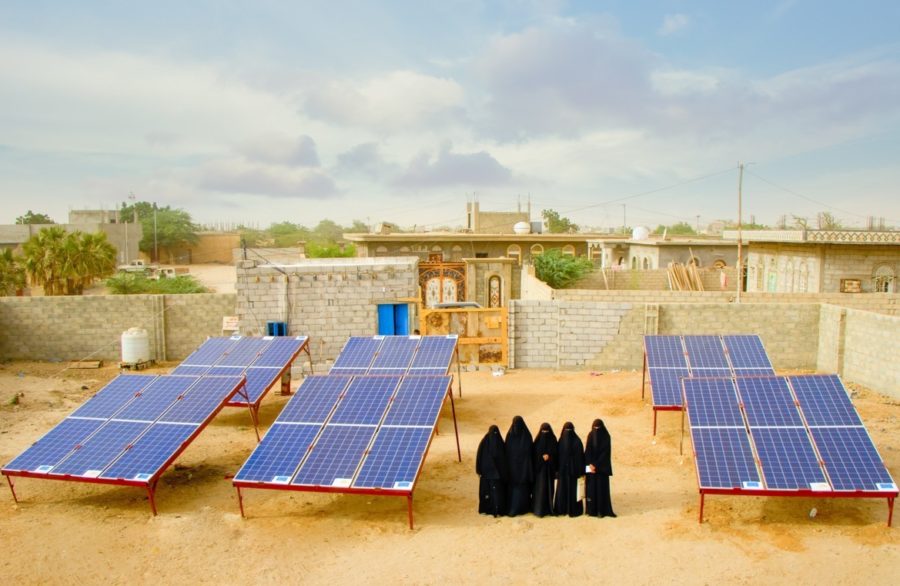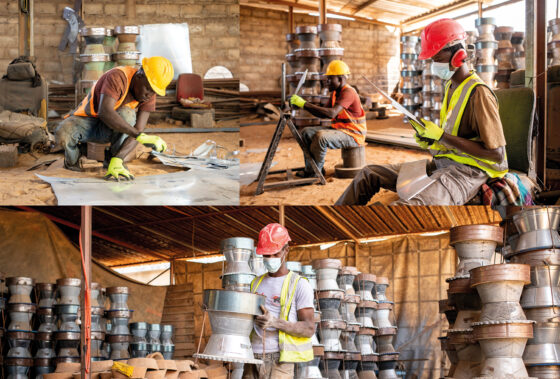How to sustainably electrify people living in off-grid areas? EnDev presents a guide on rural off-grid electrification.

The guide, developed as part of the EnDev Learning & Innovation Agenda and launched at the Vienna Energy Forum 2021, aims to help increase the implementation and sustainability of projects dedicated to delivering electricity to rural off-grid areas. The guide presents the latest overview of the state of access to electricity, defines off-grid technologies and trends, and compiles challenges and lessons learnt related to the sustainability of off-grid projects.
About the EnDev Learning & Innovation Agenda
Through the Learning & Innovation Agenda, EnDev aims to support other implementers in the SDG 7 community with experiences and practical recommendations for improving sector learning, collaboration, and the design of off-grid electrification projects.
The Guide Tiers, Markets, Sustainability: Trends in Rural Off-Grid Electrification
SDG 7 – Universal access to electricity – is to be achieved within the current decade. Despite significant progress, we are however off-track in meeting this target. The guide showcases that key market trends in the off-grid electrification sector and sustainability indicators should be considered to accelerate the deployment and maximise the impact of off-grid electrification projects. The guide focuses on Sub-Saharan Africa, the region with the largest gap towards universal access.
The guide contains challenges and learnings from EnDev’s experience implementing off-grid projects as well as best practices in the sector. For the compilation of the guide, in-depth interviews were conducted with EnDev practitioners working in Ethiopia, Mali, Senegal, Uganda and the DRC. As confirmed by EnDev Mali practitioner Aukje de Jager at the Vienna Energy Forum, the guide contains “practical lessons learnt directly from the ground, some of which have been learnt the hard way”.
The guide highlights critical key factors for sustainable off-grid electrification, such as:
- The importance of long-term commercial viability,
- The establishment of enabling environments,
- The consideration of gender and social aspects,
- Appropriate structures for operations & maintenance,
- The consideration of e-waste in off-grid projects,
and many more. Challenges and opportunities to address these issues are pointed out.
When launched at the Vienna Energy Forum, the importance of implementing off-grid solutions that are long-lasting was once more emphasized by all panellists. In the words of the guide’s co-author Andrea Cabañero: “In our pursuit of the SDG 7, we should remember that off-grid electricity access is not automatically sustainable. We have to make an active effort that off-grid electricity is green to contribute to climate targets, that it is commercially viable so that investors can continue investing, and that it is long-lasting so that beneficiaries can not only switch the bulbs on initially, but continue enjoying the benefits of electricity.”
The guide may be downloaded here
For Information on EnDev at the Vienna Energy Forum 2021, click here

